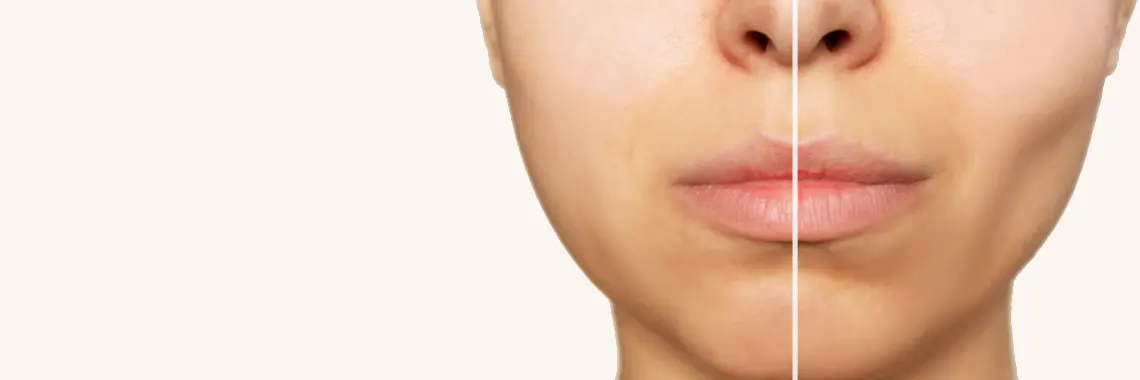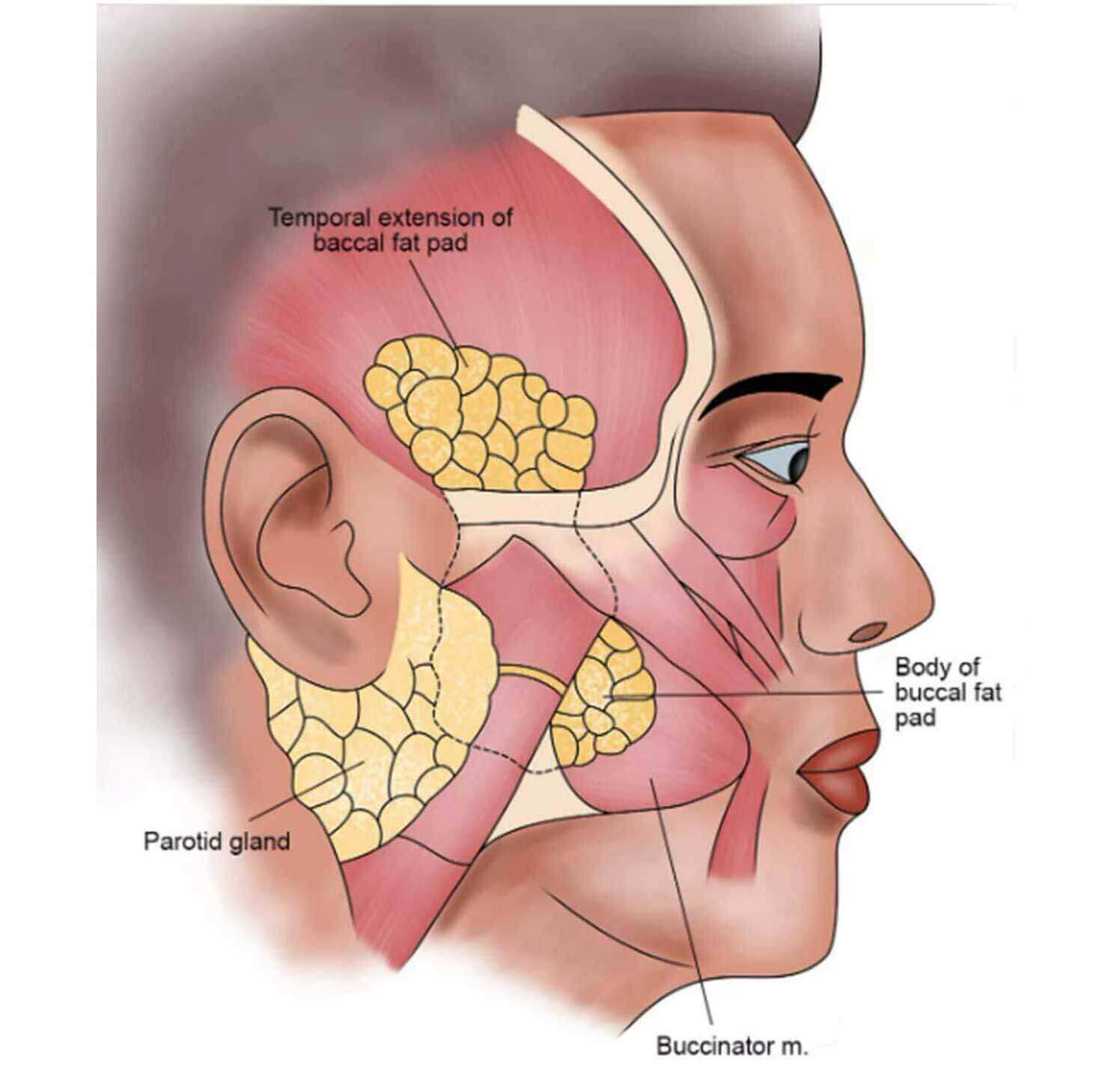
- Aesthetic Surgery
- Facial Surgery
- Buccal Fat Removal
Buccal Fat Removal
Although a face that is naturally soft and filled out is considered youthful, some people find that their face feels too full, even chubby.
A buccal fat removal removes the buccal fat pad, a naturally-occurring pad of fat in the cheek hollow area. The size of the buccal fat pad varies with each individual patient, and the buccal fat pad in each cheek may be different sizes. Buccal fat pad extraction surgery is typically not performed in people with thin, narrow faces as removal of the fat may cause the face to look more gaunt with age.

Type of procedure:
- inside the mouth
- through face lift
Information about the Procedure:
A buccal fat removal surgery requires an incision on the inside of the mouth, on the inner portion of your cheek. Occasionally, the buccal fat pad may be removed during a facelift and not necessitate an incision inside the mouth. or transposition to enhance another area in face.

Complication:
- Asymmetry
- Bleeding
- seroma
- Infection
- Numbness or other changes in sensation
- Poor healing of incisions
- Possibility of revisional surgery
Results:
The final results of buccal fat removal surgery may be initially obscured by swelling. It may take several months for you to see the final results, as your cheeks gradually contour to their new appearance. The cheeks should appear less full or chubby in postop results.

Befreo Aftar
